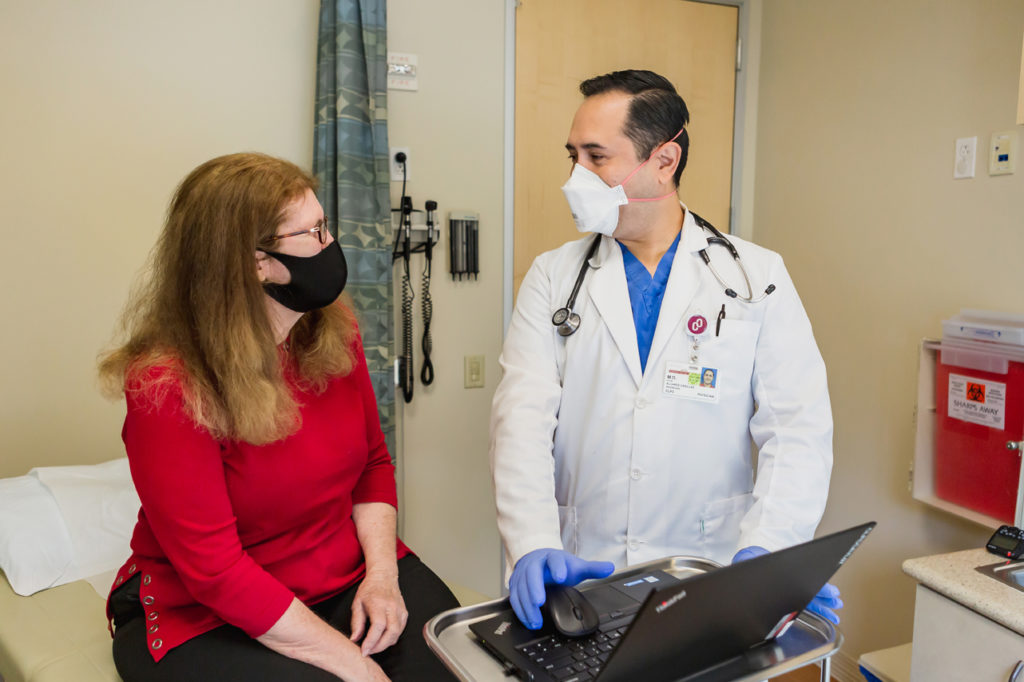
According to the World Health Organization, nearly 280 million people live with depression. A common mental health disorder affecting more women than men, depression can lead to other health conditions and reduced quality of life if left untreated. Depression can also significantly impact your quality of sleep, leaving you struggling to get through daily tasks and everyday activities.
If you or a loved one is struggling with poor sleep because of a depression diagnosis or is simply curious about the tie between the two, we are here to help. At PVHC, we recognize that an informed patient is a loyal patient, and we want to keep you in the know on all health-related issues you may face.
Let’s dive deeper into understanding the tie between depression and a restful night’s sleep.
According to the American Psychiatric Association, depression is defined as a common yet serious medical illness that can negatively impact your mood, thoughts and actions. Depending on the severity of the condition, it can cause you to feel overwhelmingly sad and push you to lose interest in activities you once loved. It can also lead to detrimental mental, emotional and physical issues that decrease your ability to function in day-to-day activities at home, work, or school.
It is important to note that symptoms can range from mild to severe and vary by person and diagnosis. The most common symptom of depression is a constant feeling of sadness that can affect daily life.
Other symptoms may include:
The good news is that depression is treatable. If you or a loved one is experiencing any symptoms consistent with depression, we encourage you to seek treatment right away.
Sleep quality and amount are closely linked to depression and its correlating symptoms. In fact, among those diagnosed with depression, 75% have issues with falling asleep or staying asleep.
Depression and sleep affect each other in two ways:
If you currently live with depression, outside stressors, like financial or relationship issues, can cause your sleep quality to be reduced significantly. It is important to manage stress to control your depression symptoms regularly.
There are various ways to treat both depression and insomnia simultaneously. It is important to speak with your doctor right away if you are experiencing sleep troubles or depression symptoms.
The best ways to treat depression is with:
The most effective way to treat insomnia and other sleep conditions include:
Although depression and insomnia cannot be magically cured on their own and most often require medical intervention, there are various lifestyle changes you can make to reduce symptoms and improve quality of life and sleep.
We recommend:
At PVHC, we understand the importance of staying on top of your health. If you notice any changes in your mood or sleep patterns, causing you to struggle with falling asleep or staying asleep, we encourage you to seek appropriate sleep disorder treatment and further evaluation. Contact us today to learn more or schedule an appointment at one of our locations throughout the Valley.




